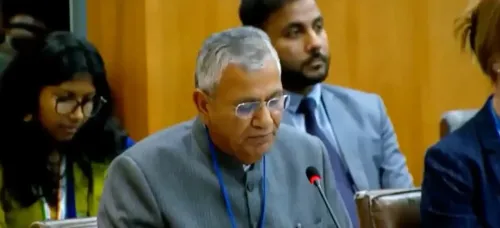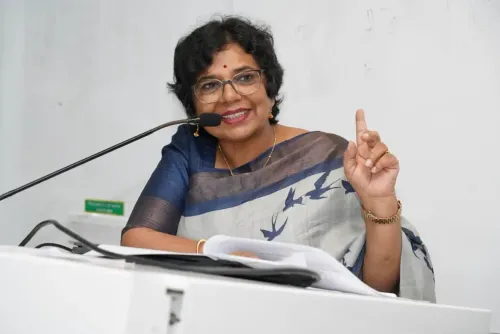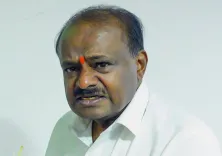Is the Online Gaming Bill a Game Changer for E-Sports and Fraud Prevention?

Synopsis
Key Takeaways
- The Bill recognizes e-sports as a legitimate sport.
- It addresses issues like fraud, addiction, and money laundering.
- Prohibits all forms of real-money gaming.
- Introduces penalties for repeat offences.
- Establishes regulatory authorities for oversight.
New Delhi, Aug 20 (NationPress) The newly introduced ‘Promotion and Regulation of Online Gaming Bill, 2025’ has generated enthusiastic feedback from industry leaders and legal professionals, who view it as both innovative and comprehensive.
According to them, this legislation not only acknowledges e-sports as a legitimate form of competitive sport but also tackles critical societal issues including addiction, financial security, fraud, and money laundering.
Gaurav Sahay, Founding Partner of Arthashastra Legal, remarked that the Bill covers a wide array of stakeholders—from service providers and facilitators to promoters of online games.
He emphasized that the framework aims to combat fraud, money laundering, and funding for terrorism by outlawing all types of real-money gaming, whether based on luck or skill.
Furthermore, financial institutions, payment intermediaries, and advertising platforms are prohibited from endorsing such games.
Sahay also pointed out the introduction of “aggravated liability” for repeated violations, which entails stricter penalties, including imprisonment and hefty fines.
In addition, the Bill grants official recognition to e-sports as a unique sport and proposes the establishment of a National e-Sports Authority and a National Gaming Authority to regulate, classify, investigate, and block illegal platforms.
Gaming industry leaders praised the government's initiative to foster e-sports. Akshat Rathee, Co-founder and Managing Director of NODWIN Gaming, expressed optimism but stressed the importance of precise definitions to differentiate between e-sports, social games, and real-money gaming.
“Confusion in terminology has often led to misunderstandings among regulators, players, and investors. Clear definitions will create a stable environment conducive to investor confidence and sustainable growth,” he stated.
Animesh “Thug” Agarwal, Co-founder and CEO of S8UL, hailed the Bill as a “historic turning point” for Indian e-sports.
He noted that by clearly separating skill-based gaming from betting, the law preserves the ecosystem's integrity while fostering room for structured growth.
“E-sports is a discipline rooted in skill, dedication, and years of effort. With governmental recognition and adequate infrastructure, India can emerge as a global leader,” he added.
Legal experts have indicated that the Bill marks a transition from regulation to prohibition concerning real-money gaming.
Vikram Jeet Singh, Partner at BTG Advaya, noted that while Indian law has historically permitted games of skill with monetary stakes, the new legislation bans even those involving real-money play.
This change aligns with recent judicial rulings and addresses concerns about money laundering and societal damage.
The Indian Digital Gaming Society (IDGS) has endorsed the government’s initiative, expressing appreciation for the acknowledgment of e-sports and the differentiation between real-money gaming and casual video games.
The organization stated that this clarity will facilitate the growth of e-sports and casual gaming as safe, community-oriented platforms for youth engagement, creativity, and digital innovation.









